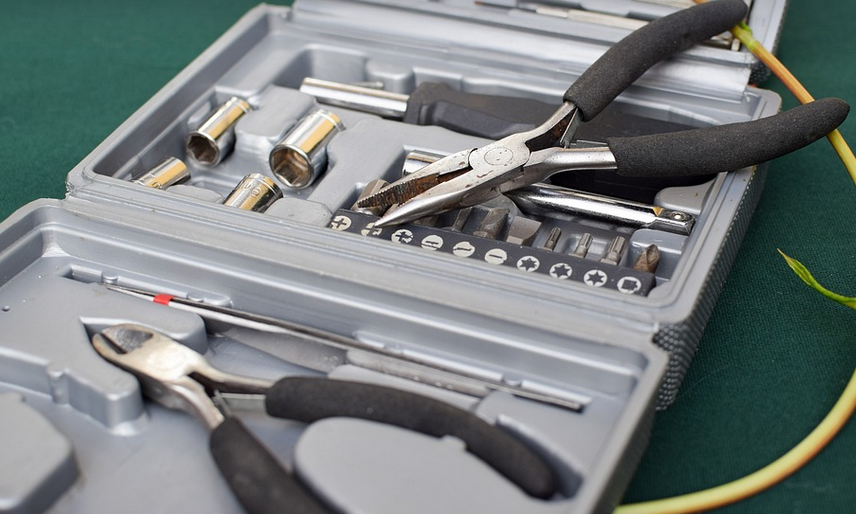Don’t Panic: How to Stop That Leaky Brake Line in a Pinch
Okay, so you just got the dreaded “Brake line leak” warning. It’s like getting a bad case of déjà vu, isn’t it? The sound of metal groaning under pressure, followed by that tell-tale hissing sound… Not exactly a joyful symphony for anyone!
But before you start picturing your brakes giving out mid-stop (which is definitely not fun!), take a deep breath. It’s a fixable problem, and we’re here to help you navigate this brake line leak dilemma.
First things first: **Stay Calm!** This can seem daunting, but remember – a quick repair can often solve the issue. And with the right tools and some know-how, you might be able to do it yourself without too much drama.
Now, let’s talk about why those brake lines are leaking in the first place:
**Common Causes of Brake Line Leaks:**
**1. Corroded or Damaged Lines:** After years of relentless pressure and potential exposure to harsh elements, your brake lines might be showing signs of wear and tear. This can lead to cracks and leaks that necessitate a quick fix.
**2. Loose Connections:** Sometimes, the culprit isn’t even a leak in the line itself but a loose hose clamp or connection at the caliper. A simple tightening of these parts could hold off a major issue.
**3. Age and Material Degradation:** Just like everything else, brake lines wear down over time. The metal inside can rust and corrode, especially if not properly maintained.
**4. External Damage:** Sometimes, damage isn’t hidden – potholes or collisions can leave their mark on your brake lines, leading to leaks.
**5. Installation Errors:** Incorrect installation of the lines can lead to problems down the road, including leaks. Make sure you have a good understanding of how to install them correctly, and if you’re unsure, don’t hesitate to call for help from a mechanic.
Now that we’ve got the causes figured out, let’s dive into some quick fix strategies!
Quick-Fix Strategies:
Before you start, **safety first!** Park your car on level ground and engage the parking brake. You want to prevent any sudden movements while working on your brakes.
**1. The First Aid Kit Approach:** For minor leaks, try using a temporary sealant like “Brake Line Sealer” or “Pipe Repair Paste,” which are readily available at auto parts stores. Apply a small amount directly to the leak and allow it to dry completely before driving.
**2. Temporary Patching Up:** If you’re dealing with a large, more serious leak, consider using a temporary patch solution like a quick-fix epoxy tape or clamp. These can provide a solid stop-gap until you can get your brake line properly repaired.
**3. Seeking Professional Assistance:** For substantial leaks or if you’re not confident in tackling the repair yourself, it’s best to call on a qualified mechanic. They have the tools and expertise to diagnose the problem effectively and perform repairs with precision.
**Important Takeaways: * **Safety First!** Always prioritize your safety when working on car brakes. If you’re unsure about any step of the process, consult a professional.
**2. Don’t Delay – Fix It Now!** If left unchecked, even small leaks can snowball into major problems, including brake failure and potentially dangerous situations.
**3. Maintenance is Key:** Regular maintenance, like inspecting your braking system every few months, could prevent future issues and ensure your brakes stay in top shape.
Remember, it’s all about being proactive! Take care of your car, and it will take care of you on the road. This “quick fix” approach can be a lifesaver when faced with brake line leaks. Just remember to prioritize safety and don’t hesitate to seek expert help when needed.
Good luck! Let me know if you have any other questions.
